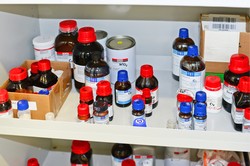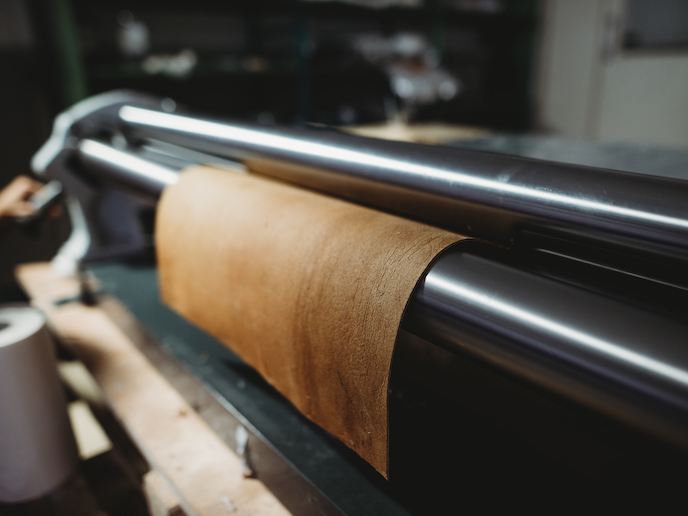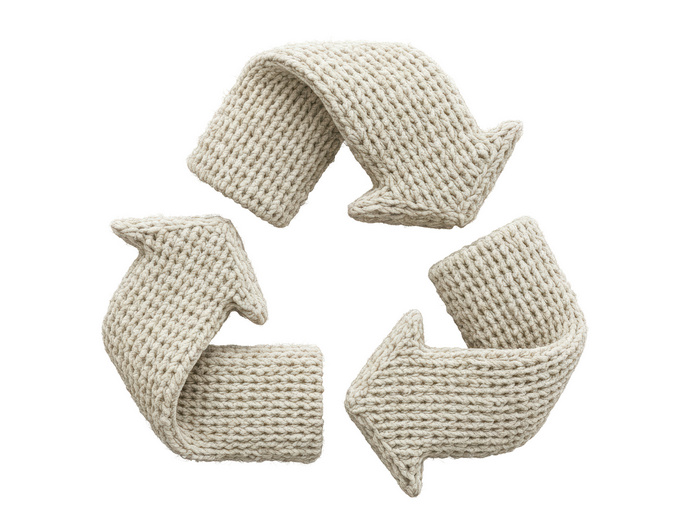Environmentally friendly solvents
Solvents are substances that can dissolve other substances, and the majority of solvents produced globally are used in the coatings, inks and adhesives industry. Due to the processes used in this industry, most of the solvents it consumes are released into the atmosphere. This has a negative impact on the environment. As such, there is a growing need to improve sustainability and employ solvents that are bio-based; that is, made from renewable resources. In the EU, the solvents market totalled 5 million tonnes during 2010 – this is one quarter of the global market. Yet, only 12.6 % of this (0.63 million tonnes) represented bio-based solvents. This fraction of bio-based solvents is expected to grow by 4.8 % annually to reach 1.1 million tonnes by 2020. To serve this growing need, the EU-funded ECOBIOFOR(opens in new window) (Ecopaint bio-based formulations) initiative developed novel solvents with three characteristics. They are bio-based, are synthesised according to the principles of green chemistry and have lower emissions of organic compounds. To do this, the scientists researched the development of solvents from renewable resources through biotechnological and chemical processes based on green chemistry principles. Green chemistry is the design of chemical processes and products that reduce – or eliminate – the use and production of unsafe substances. Successful transfer of the developed biotechnological processes at large industrial scale will have significant impact on European industry by contributing to energy savings, reduction in water consumption and waste, as compared to conventional (chemical) production processes. The three bio-based solvents i.e. bio-ethyl acetate, bio-butyl acetate and bio-butyl glycol and the new reactive diluent from vegetable oils they developed, can be used in different coating applications, i.e. the glycol for waterborne and the rest for solventborne, to replace the solvents currently in use that are developed from petroleum. This will promote more sustainable production and consumption in the industry. ECOBIOFOR advances support SMEs that are working to shift from conventional processes to ones based on renewable resources. These enterprises are also ready to introduce greener products into their formulations. This initiative has contributed to the development of more sustainable solutions that are technically and economically viable for the coatings, inks and adhesives industry. It has also provided new opportunities for innovation in responding to the industry’s need to introduce more environmentally friendly products.







